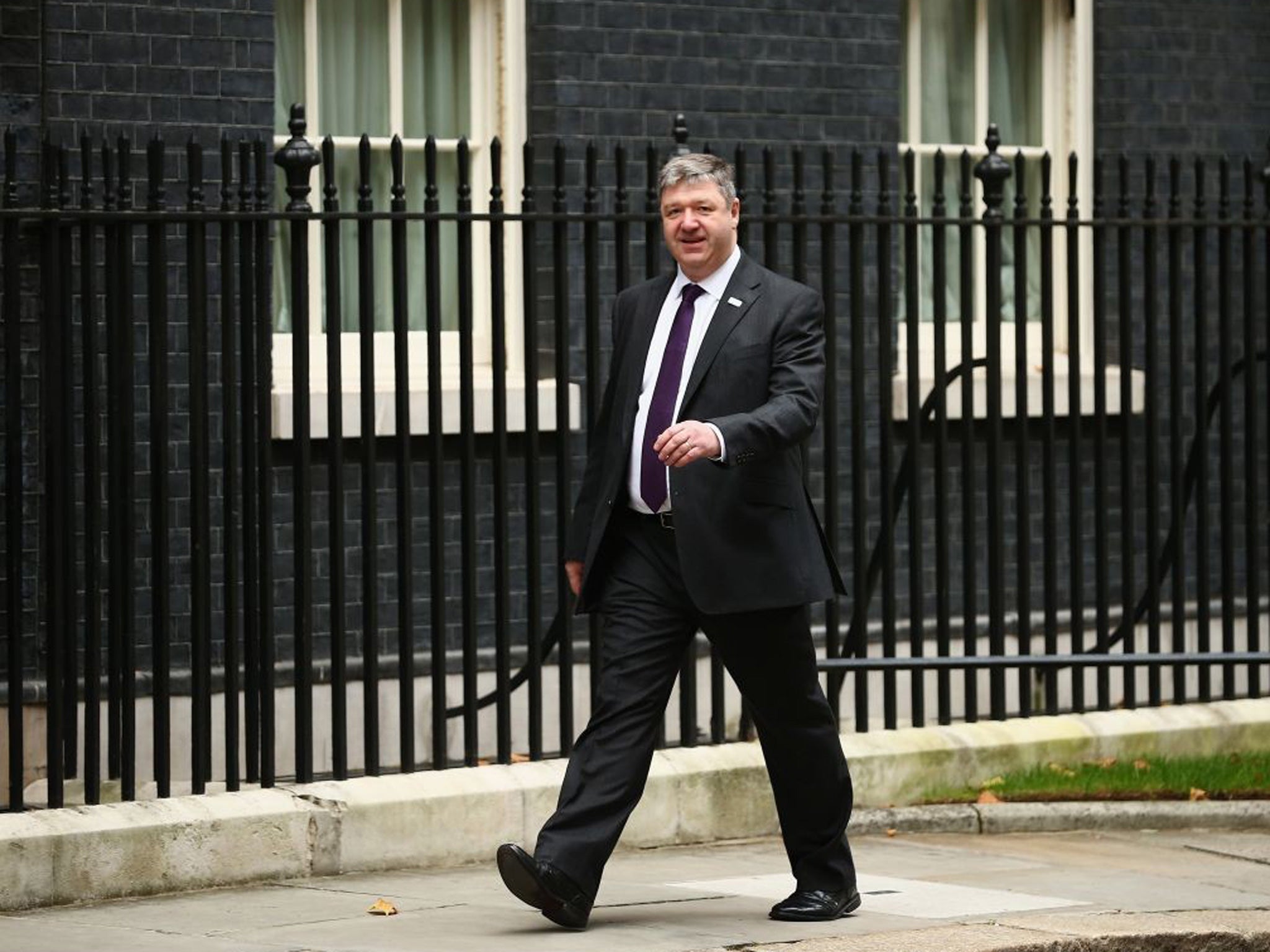'Conspiracy theorist' Norman Baker replacement of Jeremy Browne heads list of reshuffle surprises
David Cameron promoted several women and MPs from working-class backgrounds in the shake-up

The new Liberal Democrat minister in the Home Office vowed on Monday night to make the department “more liberal” as he dismissed accusations that he is a “conspiracy theorist” because he wrote a book suggesting the government scientist David Kelly was murdered.
In the most eye-catching move in a Coalition ministerial reshuffle, Norman Baker replaced his party colleague Jeremy Browne as a minister of state in the department headed by Theresa May.
David Cameron promoted several women and MPs from working-class backgrounds in the shake-up in an effort to make Tory ministerial ranks less dominated by male public school products.
And Nick Clegg appointed a new Scottish Secretary, signalling a determination to strike a more aggressive note in the run-up to next year’s referendum on Scottish independence.
The biggest surprise came when Mr Baker, who is on the left of his party, succeeded Jeremy Browne, who had previously been seen as a close Clegg ally.
His arrival at the Home Office, where he is likely to take charge of crime prevention and drugs policy, comes as Ms May toughens her language on immigration and steps up her criticism of human rights legislation.
Mr Baker told The Independent he wanted to resist moves to push the department’s agenda to the right and added that he was inspired by Roy Jenkins, the reforming Labour Home Secretary of the 1960s.
“I want to make the Home Office more liberal, when it has been liberal it’s been a force for good,” he said. “I want to make sure the rights of individuals are protected, that we get the right balance between the state and the individual. That is very important for our party.”
His appointment, which is said to have infuriated Ms May, also raised eyebrows because of his previous claim that Dr Kelly, whose death in 2003 triggered the Hutton inquiry, could have been killed by Iraqi assassins.
But Mr Baker said: “That’s a standard term of abuse. I don’t regard it as controversial to raise doubts when someone who has an unexplained death and there is no inquest. That’s all in the past.”
The biggest reshuffle victim was Michael Moore, the only Cabinet minister to lose his job. He was succeeded as Scottish Secretary by fellow Lib Dem Alistair Carmichael, who was previously his party’s chief whip and will take a more combative approach to the Scottish First Minister, Alex Salmond, during the independence referendum campaign.
A series of female Conservative MPs were promoted following criticism of the paucity of women ministers in Tory ranks.
Among the biggest winners was the former television presenter Esther McVey, who was elevated from minister for the disabled to employment minister.
Anna Soubry was switched from the Department of Health to become the first woman minister in the Ministry of Defence, while Nicky Morgan was promoted to Economic Secretary to the Treasury, which was a previously all-male team.
Three allies of Chancellor George Osborne won significant promotions, with Sajid Javid appointed Financial Secretary to the Treasury and tipped to join the Cabinet within the next year.
Matthew Hancock became Skills and Enterprise minister and Greg Hands was named as the Conservative Deputy Chief Whip.
Greg Clark was moved from the Treasury to take on responsibilities for cities and constitutional reform at the Cabinet Office and the former soldier Mike Penning was switched from Northern Ireland to the Department for Work and Pensions, where he will be charged selling benefits reforms to voters.
Andrew Grice: Cameron carved the joint humanely
David Cameron does not enjoy reshuffles. Today’s shake-up had been put off on a few occasions. But, as Margaret Thatcher once said, all prime ministers, even if they do not enjoy being a “butcher,” have to learn to “carve the joint.”
Mr Cameron did it as humane a way as possible. The days when sacked ministers are summoned to Downing Street for ritual humiliation in front of the TV cameras are over. Today, they were dismissed by phone. Some of the promoted ones were called to Number 10 - even though they didn’t need to be - to smile for the cameras.
In another break with precedent, ministers such as Chloe Smith and John Randall were allowed to pre-announce their own departure in advance, which eliminated them from the sack race.
Reshuffle days cause a frenzy in the Westminster village. It’s make-or-break time for the careers of 650 MPs. Commentators love to see who’s up, down, in and out. But history teaches us that today’s shake-ups of both the government and opposition teams will make little impact in the real world.
Join our commenting forum
Join thought-provoking conversations, follow other Independent readers and see their replies
Comments
Bookmark popover
Removed from bookmarks